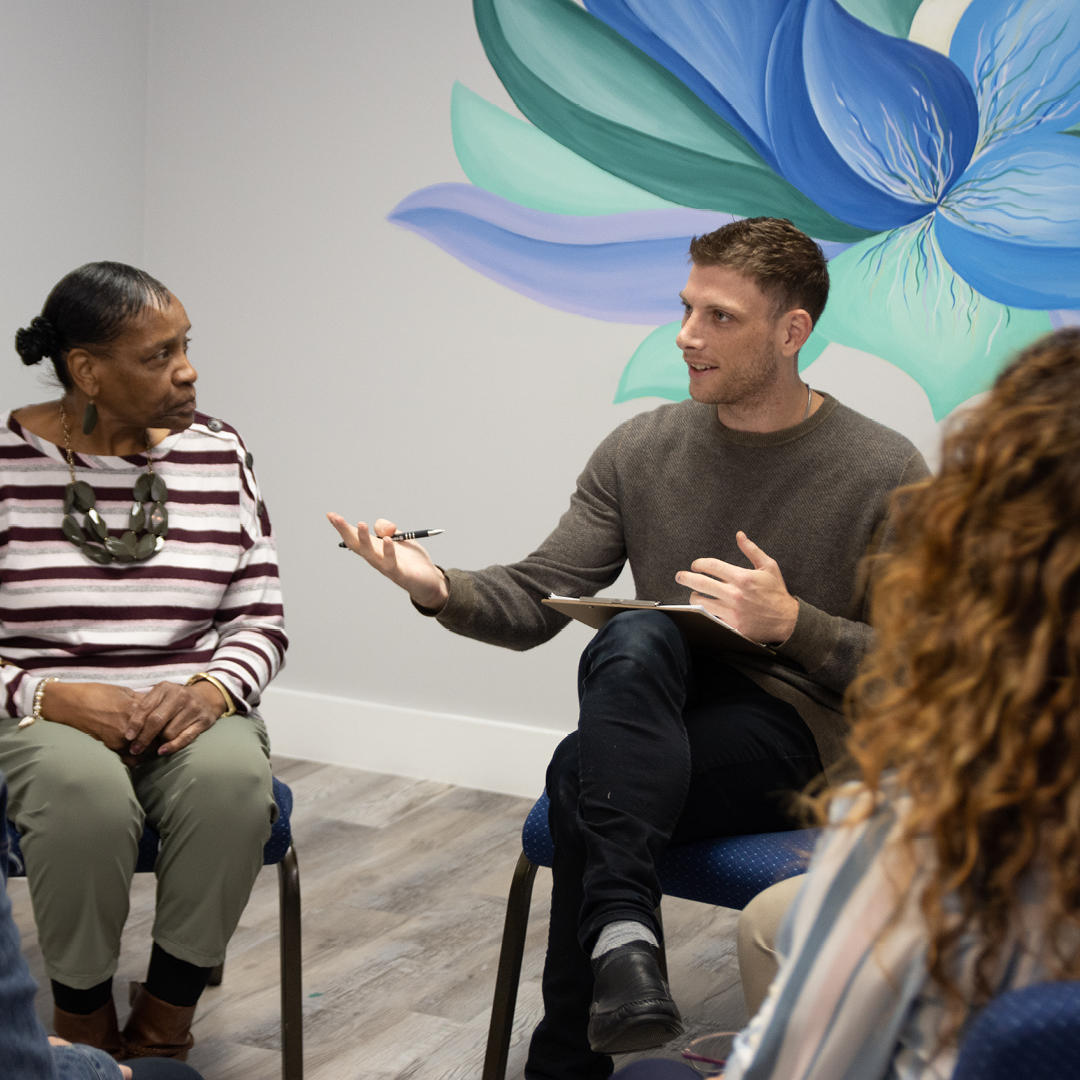Located in the serene environment of Broward County, Florida, The Sylvia Brafman Mental Health Center takes pride in being a leading provider of evidence-based trauma therapy and treatment programs. Our center is easily accessible to those living in Miami, Fort Lauderdale, West Palm Beach, Boca Raton, Hollywood, Coral Gables, Key West, and Pompano Beach. We also provide accommodation for those travelling in from out-of-State. We specialize in Post-Traumatic Stress Disorder (PTSD), psychological trauma, and complex trauma, offering a range of treatment options designed to meet the unique needs of every individual seeking our help.
Understanding your trauma symptoms and triggers is an essential part of the healing process. That’s why our dedicated team uses trauma-informed care and trauma-focused therapy techniques to support your journey towards recovery. Whether you’re dealing with emotional trauma or seeking guidance on the trauma recovery process, we’re here to help. Our trauma counseling services are designed to empower you while ensuring you feel safe and supported. Don’t let trauma hold you back – call us today to learn more about our unique trauma therapy and treatment programs. Our team is ready to walk with you on your path to healing and recovery.










